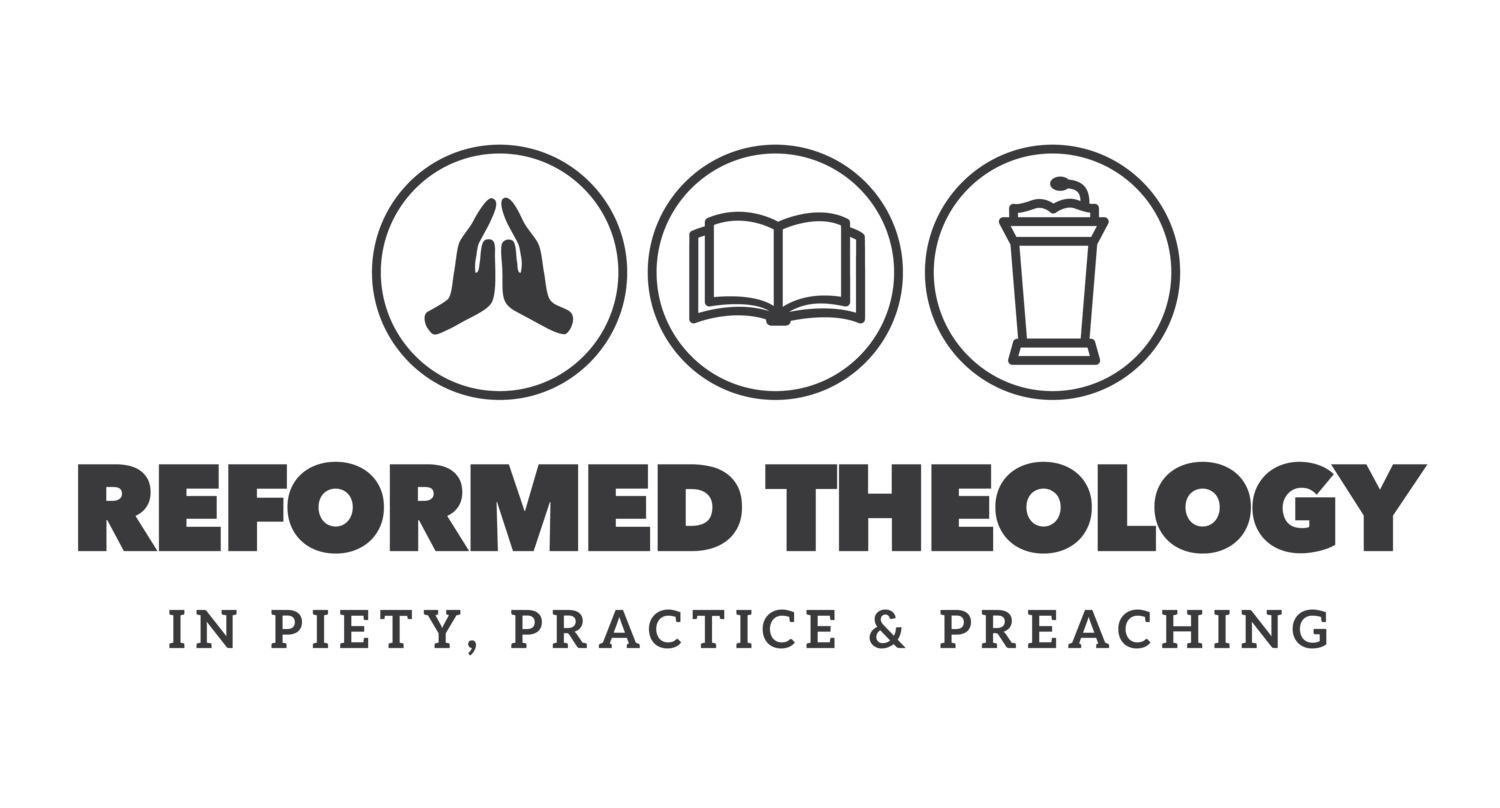Acquiring debt is a very tricky and risky business and should never be taken on lightly. Whenever you sign on the dotted line and acquire debt, ensure that you have a reasonable plan for paying the money back. And remember, what takes only a few moments to acquire can take you five to ten years, or more, to pay off. But the dangers of debt are not simply about financial freedom and responsibility with your God-given resources. Rather, debt can pose a danger to your future ministry. How so?
Due to several factors, family sacrifice, church support, working several part time jobs, and even selling virtually every possession I owned (except for my laptop, clothes, and books), I was able to finish my education debt-free. This meant that when I was entertaining a call, I had no minimum salary threshold. In fact, I took a pastorate where I was initially paid a very nominal amount. I was able to do so because I was debt free. Over the years I have run into a number of seminarians who are up against a financial wall and are very limited in the type of call they can pursue because they have a crushing accumulation of debt. In some cases, what a church will pay a newly minted pastor is insufficient to cover basic living expenses and debt payments (car, mortgage, and student loans). In this case, the person either has to find a higher-paying vocation or it means his spouse has to work to service the debt payments.
So, what is a person to do? I can only offer some very basic advice. First, don’t assume that the only way to your goal is going into debt. Explore every available option. Do you really need a new car? Can you get buy on a used car, for example? Second, plan ahead. If you think seminary is in your future, start thinking about how might pay for it now. Start planning and saving! And be circumspect about taking on massive debt to pay for college. One way to mitigate student debt is seeking academic or sports scholarships for college or going to an affordable local community college. Live at home, go to community college, and save money. Or, work while you go to school to pay for it. While I was in college I worked part- and then eventually full-time while going to school full-time. I also worked part-time while I was in seminary. Third, seek wise counsel from parents, friends, family, pastor, and elders. Get their advice on how to manage your finances. In the end, acquiring debt isn’t the end of the world, but be wise about it and think twice before you sign on the dotted line. Don’t unnecessarily hobble your chances of taking a pastorate because you are too laden with financial debt.
